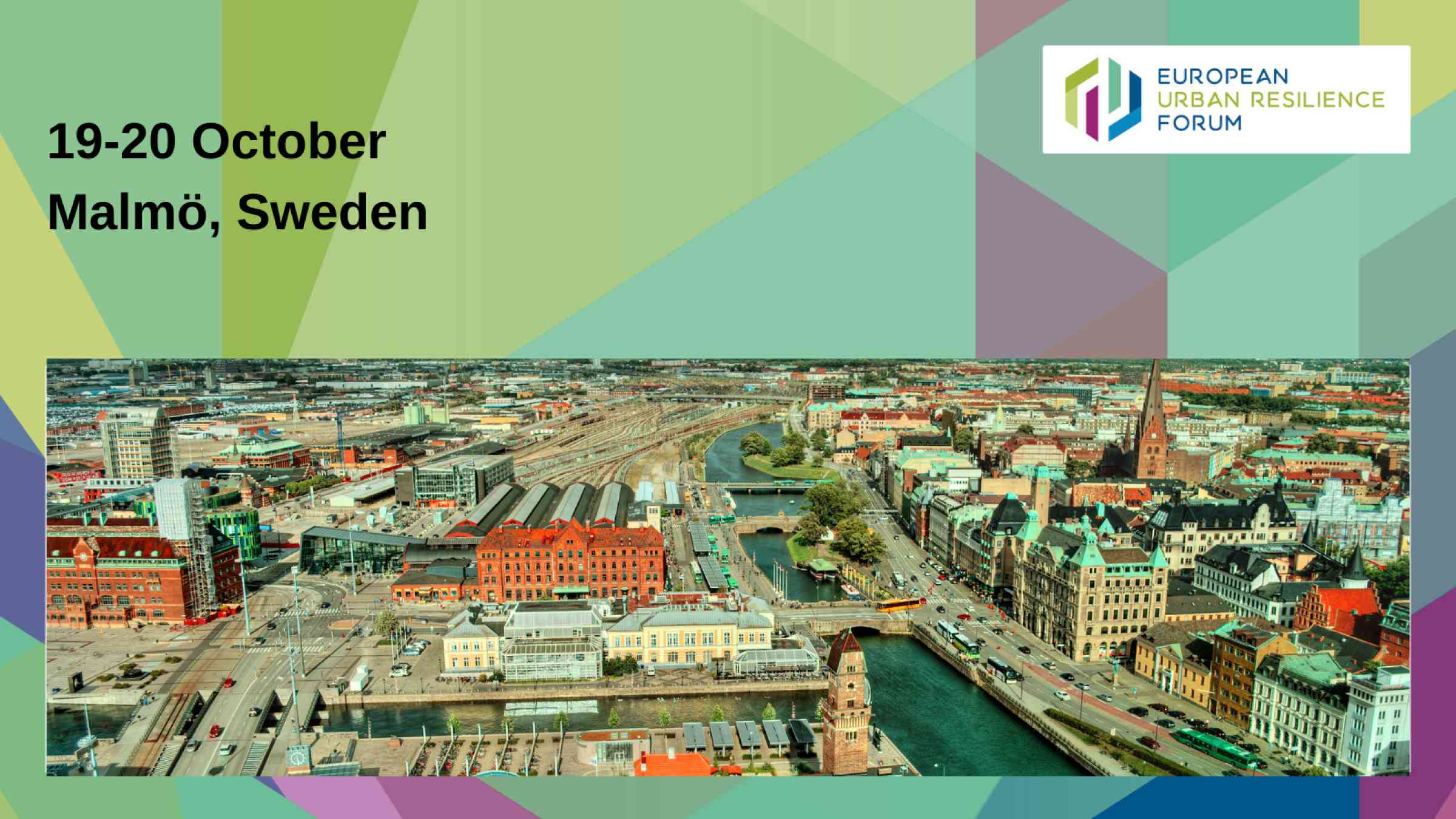EU Adaptation Strategy in the spotlight at EURESFO 2021

The world has recently seen extreme climate events and natural disasters, occurring simultaneously in various countries. In light of an urgent need to design new adaptation and resilience pathways, the European Urban Resilience Forum (EURESFO) will gather experts, cities and stakeholders to discuss the EU Adaptation Strategy. The event will take place in Malmö, Sweden, and online on 19 and 20 October. Registration remains open until 11 October .
As of 1 October, over 2000 cities in 35 countries all over the world have declared a climate emergency. The recent wildfires in several cities in Greece, Sardegna and Portugal and the deadly floods in Germany, France and the Netherlands affected vulnerable populations. Unveiled on 24 February by the European Commission, the EU Strategy on Adaptation to Climate Change aims to prepare Europe to face climate change impacts by indicating strategies to enhance adaptive capacity, strengthen resilience, and reduce cities’ vulnerability.
This framework establishes a long-term vision for adaptation, which recognises the need for a systemic approach and acknowledges the interdependency between a stable climate and the maintenance of ecosystem services, such as biodiversity, food, clean air, drinking water and flood protection. To ensure that these topics are considered in the discussions, the forum will bring together experts and Cities to discuss decisive actions on Nature-based Solutions across Europe.
The Commission has launched a mission for adaptation to climate change and societal transformation, focusing on solutions and preparedness for the impacts of climate change in order to protect lives and assets and prompt change. “EURESFO will look into the mission and offer steps on how Europe can become climate resilient by 2030 by addressing all cities, communities and regions, co-designing a vision, and developing and upscaling these solutions. ICLEI and partners will then discuss how to adapt such solutions to local contexts,” says the forum’s coordinator Vasileios Latinos.
The programme includes sessions on sustainable finance, low-carbon initiatives, sustainable buildings, data-driven proposals, disaster risk reduction, cultural heritage, among other topics. Participants will have the opportunity to hear from long-standing EURESFO partners, such as the European Commission, the United Nations Disaster Risk Reduction Office (UNDRR), the European Investment Bank (EIB) and the European Bank for Reconstruction and Development (EBRD). Cities with confirmed speaking roles include: Malmö, Thessaloniki, Lisbon, Copenhagen, Athens, Hamburg, Manchester, Zagreb, Barcelona and Helsinki. Attendees will also get the chance to learn about the Making Cities Resilient 2030 initiative, the EBRD Green Cities programme and the new LIFE call for adaptation projects.
To learn more about the EURESFO programme, visit here.
To register for the Forum, click here.

